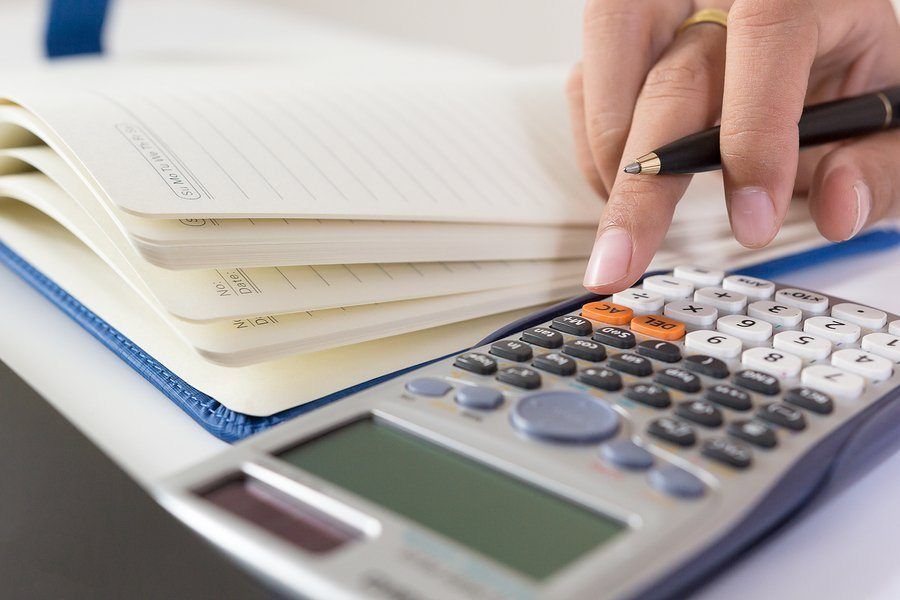It can be easy to fall into a spiral of debt and bills piling up. One day you have all your finances in order and 6 months down the track you can be thousands of dollars in debt, with no light at the end of the tunnel.
However, before you start getting too overwhelmed, take a step back and look at the facts. Sometimes there are tweaks that you can make that allow you to take small but much needed steps in the right direction.
Here are 3 ways you can get your finances back on track and give yourself some breathing room:
Consolidate your debts
The first thing to do is to look at the biggest debts you have, particularly those that are racking up interest. Some of these include tax and credit card debts.
Once you have identified the areas that are causing you the most grief, take a look at how you may be able to limit the amount of interest you are incurring. For example, you might have 3 different credit cards that you are paying back every month. Juggling this kind of debt can be difficult for even the most money savvy people. Even if you concentrate on paying back one credit card first, the interest accumulating on your other debts will only set you back months if not years.
Nowadays, there are many financial institutions that offer an interest free period. For example, there are some institutions that offer you at least 12 months where you don’t need to pay back any interest, as long as you make the minimum payment.
Once you have identified a financial institution that offers this, look at consolidating all your credit debts to this one institution. It’s as easy speaking with them about your current financial situation. From there, they will determine whether you are a suitable candidate by looking at your wage, your job security and what you need to pay back each month. If you are accepted, they will organize to have all your debts from various institutions consolidated into 1 credit debt. This means you only have to worry about making 1 monthly payment without incurring interest.
Set-up direct debits
From electricity to water to Internet bills, it’s easy to forget payments or become disheartened when a new one arrives in the mail. Rather than doing all of this manually, an ideal way is to let the bills pay for themselves by setting up a direct debit.
An easy way to do this is to have all your bills automatically deducted from one credit card every month. Then set-up a direct debit from your wages to this credit card to make sure you are paying the credit card debt back.
For example, if you see that all your bills are adding up to be around $350 per month, simply make sure that every week, an automatic payment of $100 from your wages is going to the credit card that is paying for the bills. This way, your bills are taken care of without you having to lift a finger and you aren’t incurring more debt as a result.
Pay yourself a wage
Once you have your debts and bills sorted, you will then have your disposable income left over. However, out of this money pool, you will also want to create some savings, save for a holiday or put away money for special purchases.
A great way to ensure you aren’t just spending, but also saving, is to pay yourself a weekly wage from your disposable income. For example, if after you pay for your debts and bills, you might have $400 left over each week. Be realistic and see how much money you want to take out for daily expenses. Daily expenses could include food, transport, as well as social events. If you can save at least one third of your disposable income a week, this should give you a good savings foundation.
Paying off debts and getting your finances in order doesn’t just happen overnight. But if you sit down for an afternoon, you can put together a finance plan for your life, which in time, will see you less stressed and eventually have some savings together.
Always look at your big debts first and try and put a halt on the interest for a while. This will give you the space to get your head above water, without going around in circles each month. From here, set it up so your bills are being paid automatically. This will stop unexpected bills arriving in the mail, late fees and reduce your personal admin time. Finally, don’t just spend all your disposable income at once. Put some aside for savings and other special occasions by being realistic and paying yourself a wage.


